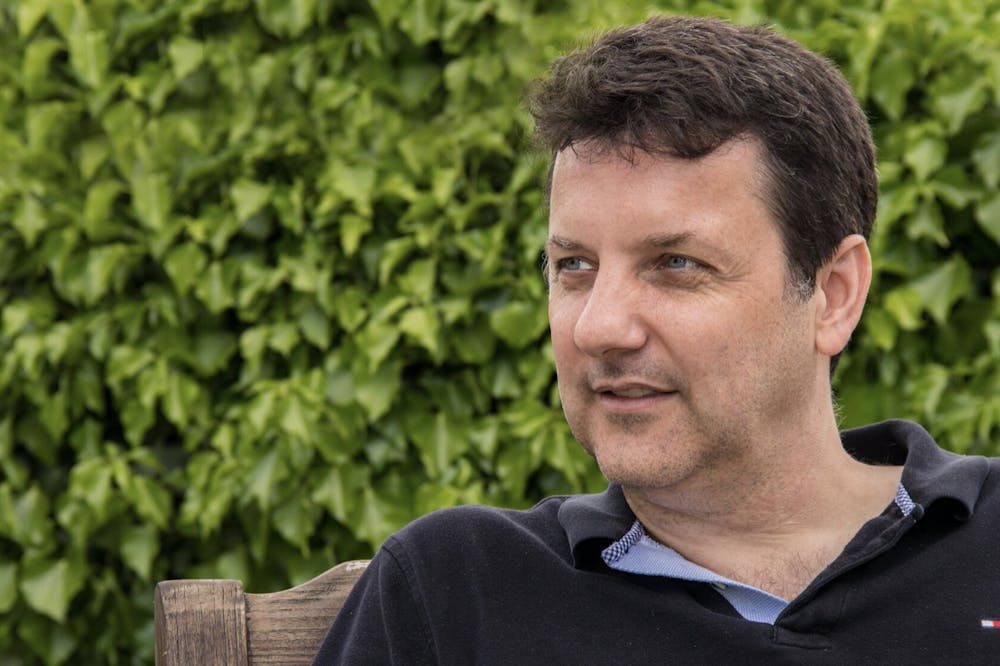The Supreme Court will decide whether the admissions practices which consider race at Harvard University and the University of North Carolina at Chapel Hill are lawful, The New York Times reported Monday morning. Duke Professor of Economics Peter Arcidiacono’s research has been instrumental in the trajectory of this case.
The case was brought by Students for Fair Admissions, an anti-affirmative action nonprofit group with more than 20,000 members. In two separate 2014 complaints, SFFA alleged that Harvard and UNC discriminate against Asian-American students by considering race in admissions decisions.
In 2019, at the Massachusetts District Court, SFFA used a 168-page expert report submitted by Arcidiacono in June 2018 that argued that race plays a “significant role in admissions decisions.”
Arcidiacono used “a litany of materials” in his analysis—which will now be used in the Supreme Court decision—including individual-level data about Harvard students in the Classes of 2014 to 2019. He employed econometric and statistical methods of analysis to understand the role of race in admissions decisions by Harvard, specifically to ascertain whether they are biased against Asian-American applicants.
In the expert report, Arcidiacono presented a hypothetical case of an Asian-American male with a 25% chance of admission. He contended that changing the applicant’s race to white would increase his admissions chances to 36%, leaving all other factors constant. Changing this applicant’s race to African American would boost his chance of admission to 95%, Arcidiacono claimed.
Harvard evaluates applicants for admission in five broad categories: “academic,” “extracurricular,” “athletic,” “personal” and “overall.” The academic rating consists of standardized testing performance and high school performance. According to Arcidiacono, Asian-American applicants have the highest academic ratings on average among different race groups.
He also wrote in his report that “Asian-American applicants, however, do not score as well on the Personal Rating and the Overall Rating relative to other racial/ethnic groups—especially when compared to other groups within the same academic index deciles,” adding testimony from admissions officers that “there is nothing about Asian-Americans as a group that would suggest they have less attractive personal qualities.”
Arcidiacono concluded that disregarding race while holding class sizes constant would result in at least a 46% increase in the number of Asian-American students over a six-year period.
Harvard retained David Card, professor of economics at the University of California, Berkeley, as their expert witness. Card recently won the 2021 Nobel Memorial Prize in Economic Sciences.
Card agreed with Arcidiacono’s general analysis approach but wrote in his expert report that Arcidiacono’s models place too much emphasis on academic factors as predictors of admissions outcomes. According to Card, Harvard’s admissions practices place significant weight on contextual factors “that account for the life experience and background of each candidate” including “high school, community and family background.”
By considering these contextual factors in his model, Card argued that the effect of considering racial and ethnic factors doesn’t result in a bias towards Asian-American students as Arcidiacono found.
It will now be up to the Supreme Court to determine whether Harvard and UNC practice racial discrimination with their current admissions policies, and whether any consideration of race yields discrimination.
If the Court rules in favor of SFFA, admissions and the demographic makeup of universities will fundamentally change.
Arcidiacono did not respond to The Chronicle's request for an interview.
Get The Chronicle straight to your inbox
Signup for our weekly newsletter. Cancel at any time.

Adway S. Wadekar is a Trinity junior and former news editor of The Chronicle's 119th volume.

